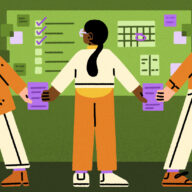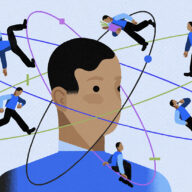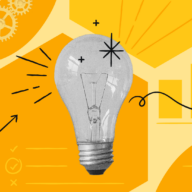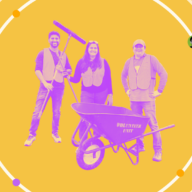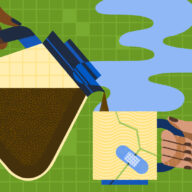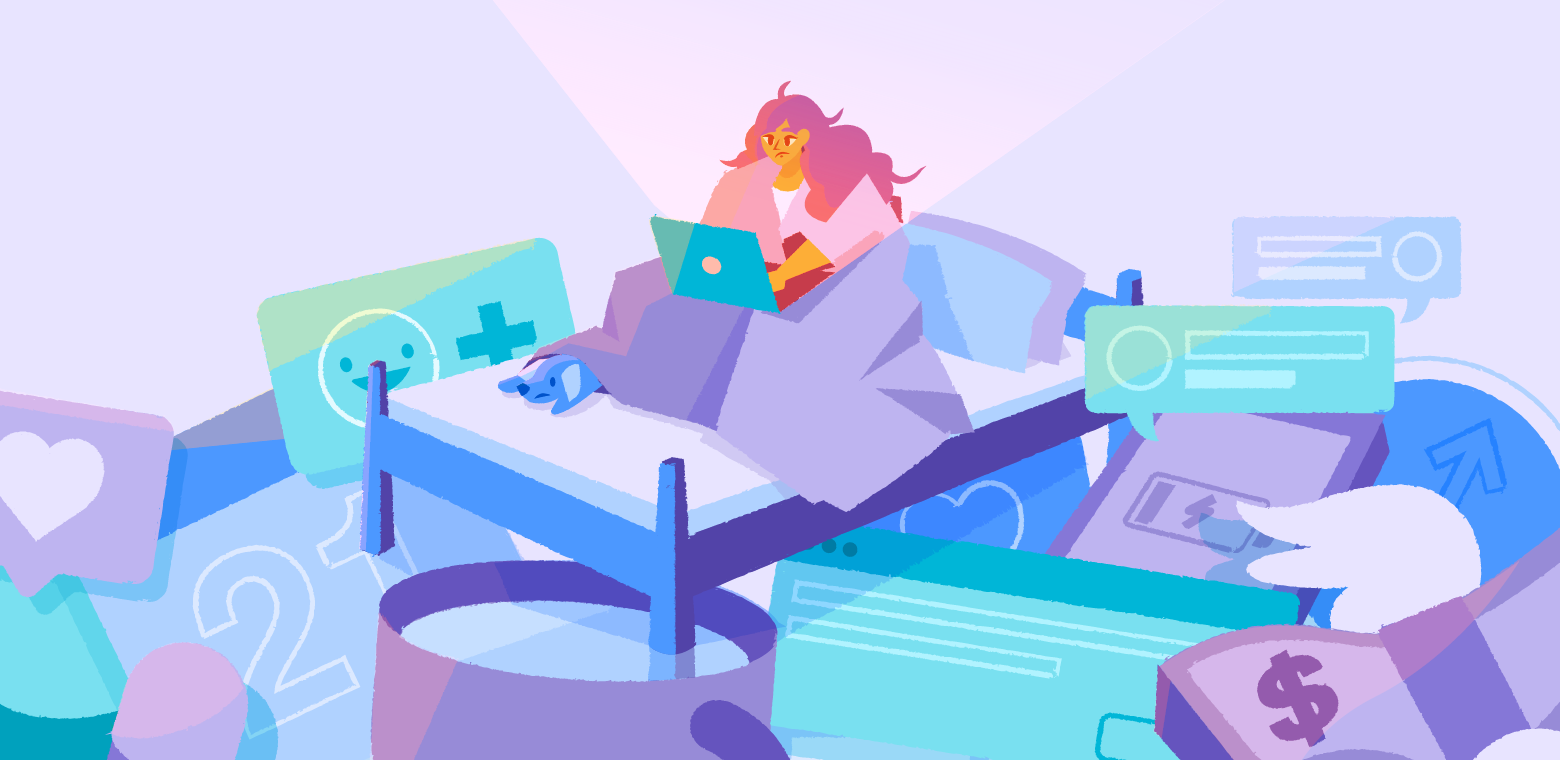Our tools and technology make it so easy to work remotely instead of taking a genuine sick day. But just because you can do something does not always mean that you should.
Last year I fell into a bad habit of working from home when I was sick. Rather than resting and giving my body and mind the space to heal, I would continue to work. Looking back, this was a poor choice as often the work I did was of lower quality and the work came at a physical and mental cost.
My thinking has not stopped there though. I think a reluctance to take true sick leave reveals some deeper issues.
Switching off is hard
In an age of phone notifications and instant messaging it can be extremely hard to switch off from work when at home. I also get to work on some incredible things and I find myself wanting to think about them all the time.
Not being able to switch off has negative effects on home life so taking a sick day is worth doing just for that! Part of being mentally able to take sick days is practicing switching off from work while at home.
Historically I totally suck at switching off from work. However, it is something I am trying to get better at. Things I am trying include:
- Not having twitter on my phone (I have already removed Facebook and Messenger)
- Not getting work emails on my phone
- Turning on strict notification snoozing for Slack (only allow notifications from 9am – 5pm)
- Not getting notifications from other work-related tools on my phone
Mental health and physical health
(I am not a healthcare professional. These are just my subjective experience and observations.)
When I am stressed, tired, and overwhelmed I am more susceptible to getting sick and staying sick for longer. While working from home might be great at forcing you to physically rest (and avoid contaminating your teammates), it might not do anything to address the underlying stress and tiredness that could have allowed your sickness to take hold in the first place.
This can be a bit tricky when a deadline is one of the things causing you stress because taking sick leave can exacerbate that. I have no good answer for this. I can feel an answer forming, but it exposes some uncomfortable personal truths…
Culture
When we adopt a work-related behaviour we are casting a culture vote for it. The more people work from home when sick, the more normalised it becomes.
The more people work from home when they’re sick, the more it’s an expected part of the culture.
This has a flow-on effect to how we plan work. If we come to expect that people will continue to work while ill, we create timelines and estimates that don’t account for possible illnesses – which in turn makes it harder to take genuine sick leave.
The question is: what kind of culture do you want to foster?
Self-worth
Ok: this one cuts deep. As a software engineer, there are so many measures by which you can define your personal worth:
- lines of code added/removed
- bugs closed
- education
- GitHub stars
- Twitter followers
- conference talk count
- salary
- (the list goes on)
(source: my awesome tweet🤘- follow me! oh wait…)
These measures have their basis in your personal output and achievements. Taking a sick day can often cost you achieving something. Conceptually, if you are able to tap into a formula for personal worth outside of what you achieve, it might be easier to step away from work for a bit.
This is a huge topic that I won’t explore further here – but worth thinking about. Some questions this raises for me, are: How much do you trust your team to fill your role while you’re away? What level of ownership do you feel when it comes to your work? (Hint: it might be too high.) Uncomfortable questions, all!
Final words
These thoughts are an offshoot of some personal reflections on work-life balance I have been having lately. I hope you have found them insightful. Not using sick leave correctly costs yourself and the people around you. So, if you’re sick, don’t work from home – rest from home.
. . .
Looking for other ways to collaborate better and be more productive with your team? We got you covered.
Browse more articles








